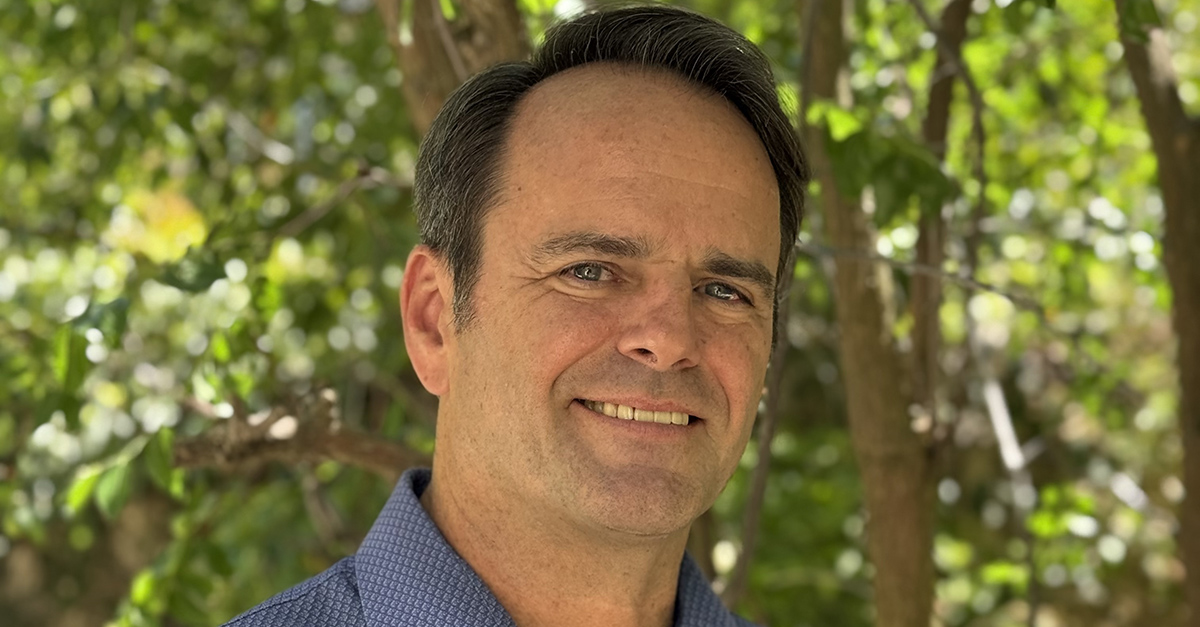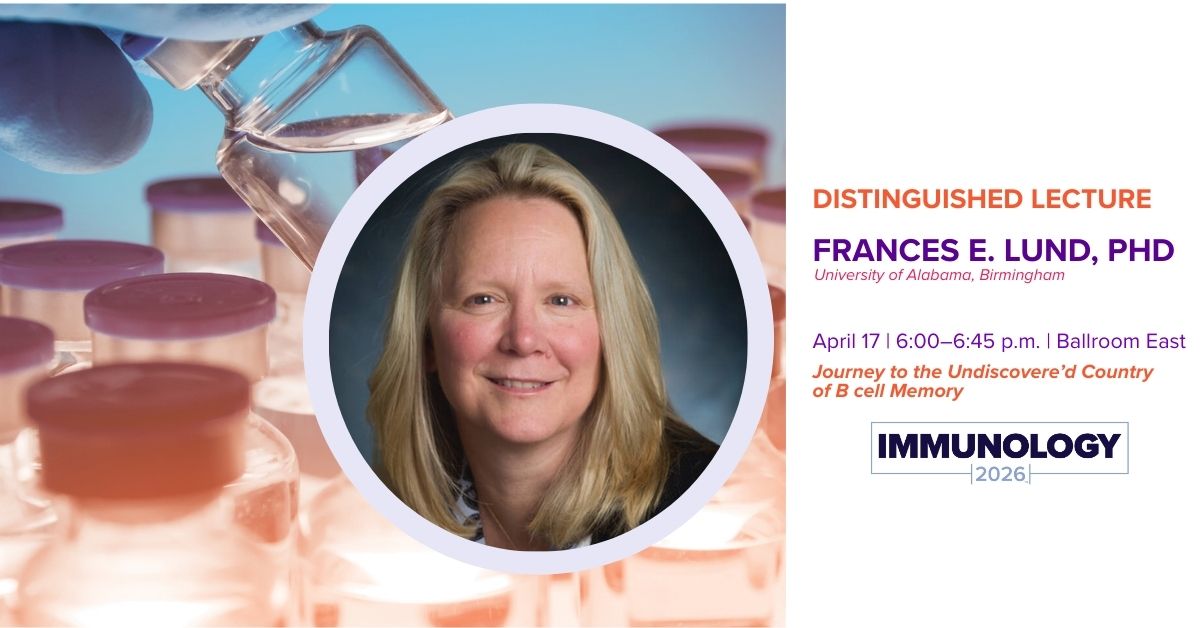
Yasmin Mohseni, PhD, is a lead quality control scientist at A2 Biotherapeutics and an accomplished science communicator. Dr. Mohseni earned her PhD in immunotherapy from King’s College London, where she focused on engineering regulatory T cells to promote immune tolerance to solid organ transplantation with applications to autoimmunity.
Dr. Mohseni also educates the public on Instagram (@doctor.yas_) focusing on the immune system and immunotherapy, including new breakthroughs within the cancer and autoimmunity space. She has also just begun serving on the AAI Public Communications Committee (PCC).
For our first New Member Spotlight, we spoke with Dr. Mohseni about her career, science communication, and her goals with AAI and the PCC.
Why did you join AAI?
I have always been passionate about immunology. At its core, immunology is the most fascinating scientific field, a product of a billion year-long arms race, which has given us a new arsenal for driving medicine. From restriction enzymes, CRISPR, monoclonal antibodies and RNA interference, the more we understand the inner workings of the immune system, the more we push the frontiers of treating diseases. Therefore, I joined AAI because I wanted to connect with other immunologists who are driven by the same motivation as me, to create new therapies and to get the public excited in the process.
What are your current research interests?
My core interest is immunotherapy. My PhD focused on engineering Tregs for transplantation tolerance, specifically using chimeric antigen receptor (CAR) technology. After working on CAR Tregs for a number of years, I have moved into the realm of logic-gated CAR T cells for solid tumors. So my research interest is predominantly what innovative strategies scientists are exploring to treat cancer, autoimmunity and transplantation tolerance. Although I specifically work in CAR T for cancer at a biotech company, I am also keeping up with the buzz surrounding in vivo CAR T, mRNA technology, iPSC strategies, TIL therapies and other immune cell engineering approaches.
How did you get started as a social media science communicator?
Perhaps unsurprisingly, my social media transitioned into a science communication page in 2020. With all the panic and fears surrounding the dangers of this mysterious virus, to the misinformation concerning the vaccines, my endless phone calls and voice notes to my girl friends, I decided to finally take my immunology knowledge online and see if I could educate a few hundred followers, at the time. Fast forward 5 years, my social media page now focuses more on immunotherapy and facts about the immune system, instilling hope into others on how scientists are working towards curing the incurable.
What’s your favorite immunology social media post?
My favourite social media post is most likely a toss-up between one of my “Top 5 scientific breakthroughs of the week” posts. I began this series to get my audience (who is predominantly non-scientific) excited about new science. In this series, I pick 5 publications that made an impression on me and that would resonate with my audience, so typically more translational papers related to immune-related diseases. I give a very brief description in lay terms in the caption and engage discussions with my followers who want to learn more. The disconnect between scientists and the public was highlighted during the pandemic, and I hope this series that I have been doing for over two years now, shows to the public just how much exciting work scientists are doing for us, on a weekly basis.
What are your goals as a member of the Public Communications Committee?
My goal as a member of the PCC is to get the public excited by new science, and arm the public with knowledge about the inner workings of the immune system. When your health, or the health of someone you love, goes awry, nothing else matters, and I have experienced people turning to the internet as they desperately seek answers. By arming the public with knowledge on how their immune system works, including what’s going on in their bodies after receiving a diagnosis, and most importantly, what they can do about it because of modern medicine, I believe, as cliché as it sounds, gives people their power back, restores hope and hopefully provides some peace.
What is one thing you wish everyone knew about immunology?
That the immune system doesn’t have a simple on/off button, or a “reset to factory settings” button. One of the issues I face as an immunologist who is active on social media, is seeing wellness influencers promoting various supplements or protocols that claims to reset the immune system, preying on someone’s desperate attempts to combat their chronic illness. The immune system is a product of a billion years of evolution, a simple protocol sold on TikTok, unfortunately, is not going to reset it.
Dr. Yasmin Mohseni speaks about the importance of science communication in an environment of misinformation




